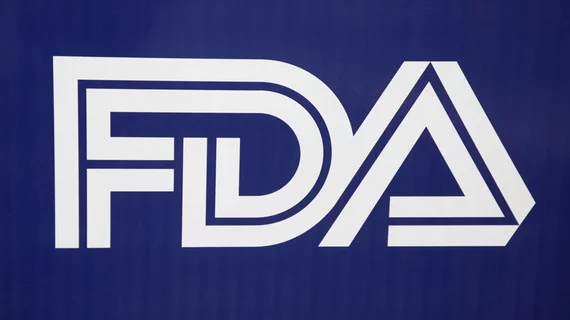SNMMI urges FDA to help alleviate shortage of gallium-68
The Society of Nuclear Medicine and Medical Imaging (SNMMI) has urged the FDA to help alleviate the shortage of radiopharmaceutical Gallium-68 (Ga-68) generators in the U.S., according to a SNMMI letter sent to the FDA on Aug. 6.
Currently, only one generator is FDA approved for the production of Ga-68 Dotatate injection (NetSpot), a radiopharmaceutical utilized for positron emission tomography (PET) imaging or radionuclide therapy in patients with neuroendocrine tumors (NET).
In the letter, the SNMMI also noted that the use of Ga-68 has increased in the U.S. since the approval of NetSpot in 2016. However, NetSpot can only be manufactured using GalliaPharm Ga-68 generators from manufacturer Eckert and Ziegler, SNMMI wrote.
Commercial pharmacies are the largest consumers of the GalliaPharm generators. The SNMMI attributes the rapid adoption of the NetSpot and Eckert & Ziegler’s inability to keep up with demand for GalliaPharm since 2017 to the shortage.
"Netspot has proven to be a very important imaging agent for NET patients in the U.S.," the SNMMI wrote. "The demand has taxed the supply chain as it currently exists."
In June, roughly 500 imaging sites were requesting doses of NetSpot for NET patients, according to SNMMI. Advanced Accelerator Applications (AAA) has also identified a handful of pharmacies that have self-imposed blackouts of NetSpot doses to extend the use of their generators until they can acquire needed replacements.
The letter lists 11 U.S. cities that have blackout dates on their delivery schedules, in additional to nine other areas that have insufficient supply—meaning that "more than 70 percent of the total capacity is in use" and “typically results in a three week wait time for an appointment,” SNMMI wrote.
Ultimately, the SNMMI suggests several ways in how the FDA can help alleviate the national Ga-68 generator shortage:
- Allow a temporary exemption to the 400-elution limit, as GalliaPharm generators have a lifespan of one year or 400 elutions.
- Approve a drug master file from the radioisotope manufacturer IRE ELit for generators that can be used similarly to GalliaPharm generators.
- Allow NetSpot kits to be produced with cyclotron-produced gallium chloride to increase production t mostly academic sits over the next three to six months and alleviate the need for a GMP-generator in certain locations.

